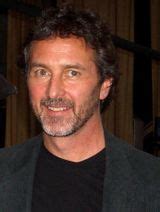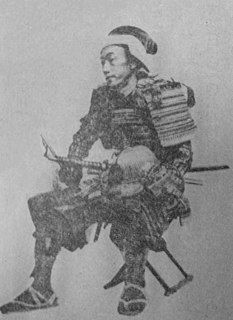A Quote by Gilbert K. Chesterton
The mind that finds its way to wild places is the poet's; but the mind that never finds its way back is the lunatic's.
Related Quotes
A Godly leader ... finds strength by realizing his weakness
finds authority by being under authority
finds direction by laying down his plans
finds vision by seeing the needs of others
finds credibility by being an example
finds loyalty by expressing compassion
finds honor by being faithful
finds greatness by being a servant
Joy and happiness are the indicators of balance in a human machine...An inner joyousness, amounting to ecstasy, is the normal condition of the genius mind. Any lack of that joyousness develops body-destroying toxins. That inner ecstasy of the mind is the secret fountain of perpetual youth and strength in any man. He who finds it finds omnipotence and omniscience.
We have two main instruments: the mind and the heart. The mind finds it difficult to be happy, precisely because the mind consciously enjoys the sense of separativity. It is always judging and doubting the reality in others. This is the human mind, the ordinary physical mind, the earth-bound mind. But we also have the aspiring heart, the loving heart. This loving heart is free from insecurity, for it has already established its oneness with the rest of the world.





































